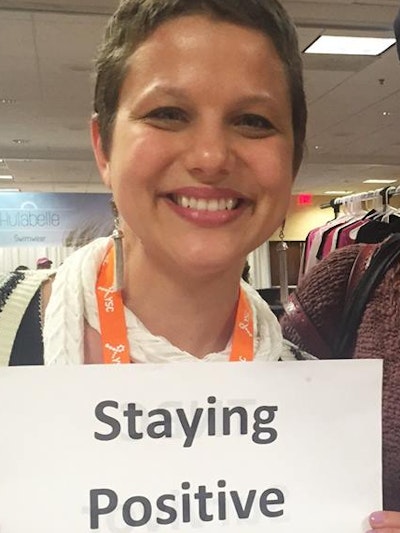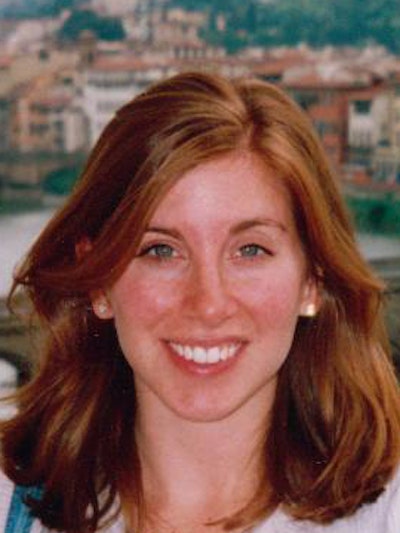DALLAS, Jan. 12 /PRNewswire/ — When her doctor told her she had breast cancer, Sonja Draught thought detecting it early had greatly enhanced her odds of living because that is the case for most forms of cancer. But then she learned she was battling a rare and aggressive form of the disease: triple negative breast cancer.
“When I was first diagnosed with breast cancer, I immediately thought early detection had really saved my life. Then I was told I had the ‘bad’ cancer,” said Draught of Warren, Ohio. “I immediately thought how can all this research, awareness and donations be going to breast cancer and I’m being told my prognosis is bad at stage 1?”
To help women like Draught, Susan G. Komen for the Cure® announced it is teaming up with the Triple Negative Breast Cancer Foundation® (TNBCF) to fund breakthrough life-saving research about this form of the disease.
At the recent Triple Negative Breast Cancer Symposium in San Antonio, Hala Moddelmog, Komen for the Cure president and CEO, along with Hayley Dinerman, TNBCF director of operations and Allison Axenrod, TNBCF executive director, signed an agreement to help launch The Susan G. Komen for the Cure Promise Grant Co-Funded by the Triple Negative Breast Cancer Foundation®.
“This type of research is exactly what we’ve been looking for,” said Dinerman. “By co-funding a Promise Grant with Susan G. Komen for the Cure, we can be certain that the project chosen will be an important, multi-faceted, multi-institutional triple negative-specific research initiative with real world clinical impact.”
TNBCF’s initial $500,000 contribution marks the first time a nonprofit partner has co-funded one of Komen’s groundbreaking Promise Grants. Worth $7.5 million over five years, Promise Grants are designed to bring clinical researchers and basic scientists together to deliver new treatments for patients as quickly as possible.
To date, doctors know that most breast cancers are characterized by the presence of three receptors (proteins found inside or on the surface of breast cells): estrogen, progesterone and HER2. These receptors are not “expressed” in women with triple negative breast cancer – hence the name. Since most treatments available today are aimed at those receptors, TNBC is difficult to treat, and the tumors are often more aggressive. TNBC represents only 15 percent of all breast cancer cases but accounts for as many as 25 percent of all breast cancer deaths.
To accelerate our understanding of this rare form of the disease, a “think tank” of 31 researchers from leading cancer institutions worldwide was convened by Komen and TNBCF at the symposium in December.
Led by Dr. Eric Winer, Komen chief scientific advisor and TNBCF advisory board member, as well as Drs. Lisa Carey and George Sledge, also of the TNBCF advisory board, the symposium focused on topics ranging from how well TNBC responds to traditional chemotherapy to the unique ways TNBC spreads through the body.
“This unprecedented partnership with TNBCF is critical in the drive to better understand this difficult-to-treat type of breast cancer,” Moddelmog said. “The more resources we devote to triple negative breast cancer, the sooner we’ll find a cure.”




